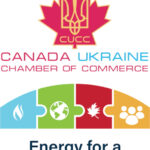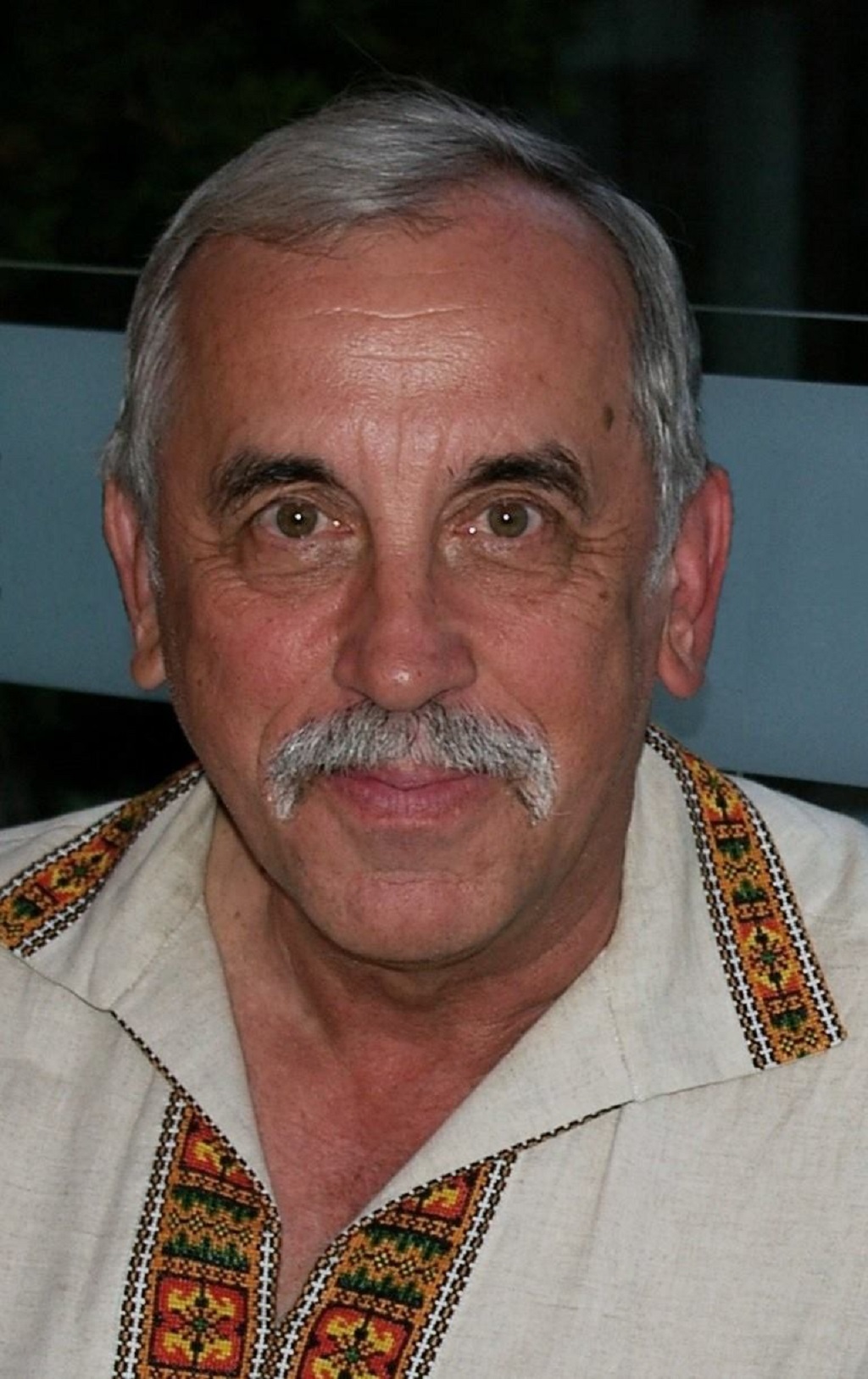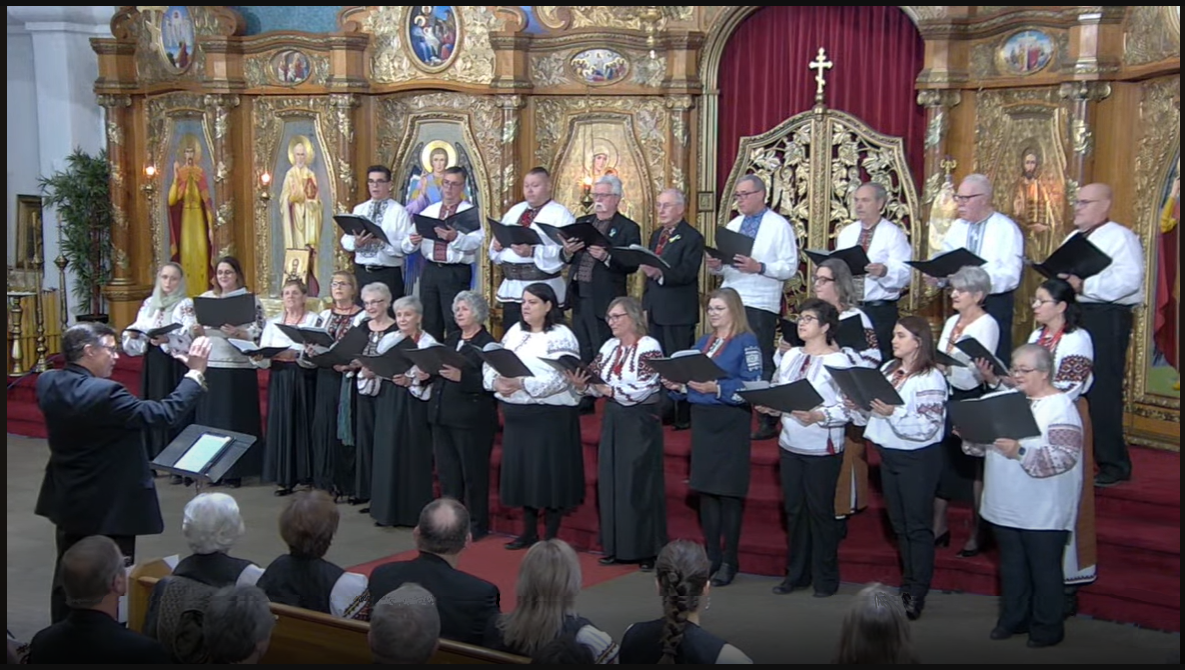Volodymyr Kish.
Canada has been experiencing some significant discomfort these past few weeks as a result of protests and blockades of railways lines primarily by Canada’s Indigenous First Nations seeking to stop the construction of a pipeline through the lands of the Wetʼsuwetʼen Nation in British Columbia. These have managed to shut down most of Canada’s rail network causing considerable negative economic impact. Although court injunctions have been issued against the protestors, the various police forces involved have been reluctant to forcibly remove the protestors, fearing further escalation and damage to ongoing efforts at reconciliation between the various levels of governments in Canada and its indigenous peoples.
That Canada’s First Nations have suffered centuries of colonial neglect and misrule is a well-acknowledged fact, and the current federal government under Prime Minister Trudeau has pledged to make reconciliation and redress a priority. Nonetheless, the protests are starting to polarize the broader Canadian public which is starting to feel the economic pain that the blockades are causing. This is being fueled by no shortage of knee-jerk pressure from some opposition politicians who are demanding a forcible police response against the “thugs” and “paid outside agitators” that they claim are behind the blockades.
Regrettably, very few Canadians understand the complexities behind the various laws, treaties, governing structures and regulations that govern indigenous affairs here in Canada. One example of this is the fact that most of the elected band councils of the Wet’suwet’en support the pipeline, whereas most of the hereditary chiefs of the Wet’suwet’en Nations do not. One would think that the so-called “elected” councils should take precedence, but it’s not quite that simple.
One needs to understand that all the elected band councils in Canada are subservient to the federal Minister of Crown-Indigenous Relations and Northern Affairs Canada (CIRNAC). Their activities are governed by the Indian Act first put in place in 1876. Although it has been amended over the years, it largely retains a distinct colonial nature. The Minister has complete authority to determine who can vote, what the council does, what salaries the chief and council members get, and how it spends the money it gets from the government. The Minister has virtual veto power over any and all activities of the councils and their “elected” chiefs. One does not have to be a political expert to recognize that these “elected” officials may not always place the interests of their people above those of their government masters.
The hereditary chiefs on the other hand, derive their power and authority from historical tradition, and are not dependent or subservient to the interests of the government. Further, the Indian Act and the jurisdiction of elected band councils legally only applies to reservation land as defined by the various treaties concluded between the various first nations and the colonial British or Canadian governments. The territory at the center of the dispute in B.C. was never ceded by treaty to the Canadian government and hence does not fall under the jurisdiction of the Indian Act. The Wet’suwet’en hereditary chiefs are legally right in their claims to have jurisdiction over this unceded territory, and this has been confirmed by a Supreme Court ruling in 1997. Canada’s Constitution specifically recognizes indigenous land rights, and the Canadian government has no legal or constitutional authority to force the Wet’suwet’an chiefs to do what they don’t want to.
The current dilemma that the Trudeau government faces is not a problem of their own making, but the result of hundreds of years of colonial rule which resulted in the theft of native land and cheating Canada’s native people of their rights, heritage and dignity. Resorting in brute force to resolve this latest crisis is neither a practical nor a moral solution to a long-standing historical issue. To self-righteously demand that the First Nations negotiate peacefully rather than engage in disruptive blockades and protest is disingenuous. They have been “negotiating” for centuries with nothing to show for it. The government has failed in even its most basic obligation to provide safe drinking water, and many reservations have been without potable water for decades.
Many Canadians are growing increasingly angry over the impasse on this issue, but that anger should be directed not at the natives behind the protests, but at the long list of governments and politicians that have failed to act to fix a historical human rights injustice.
Share on Social Media





































